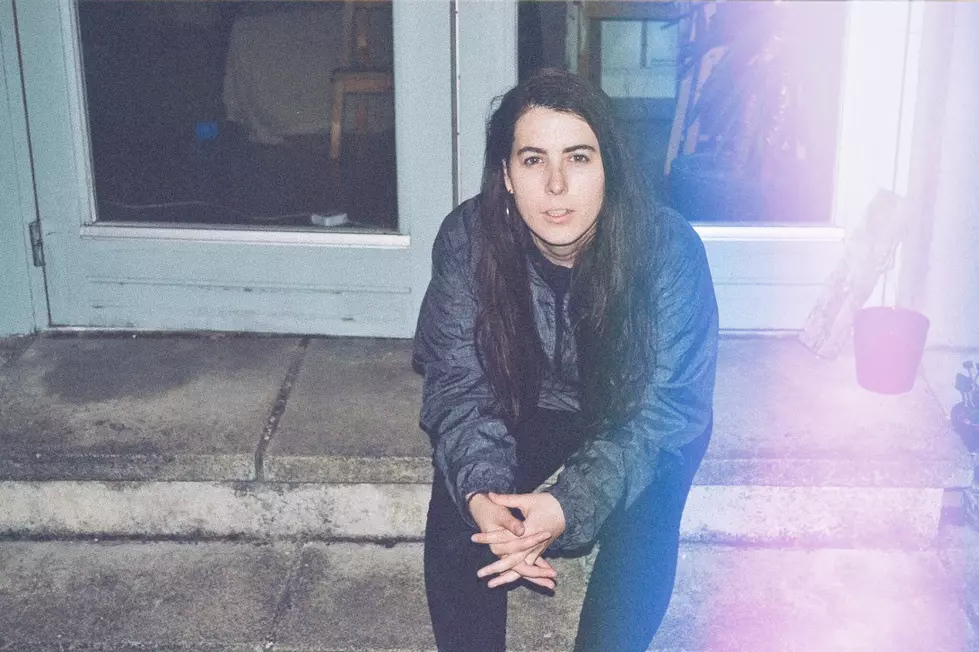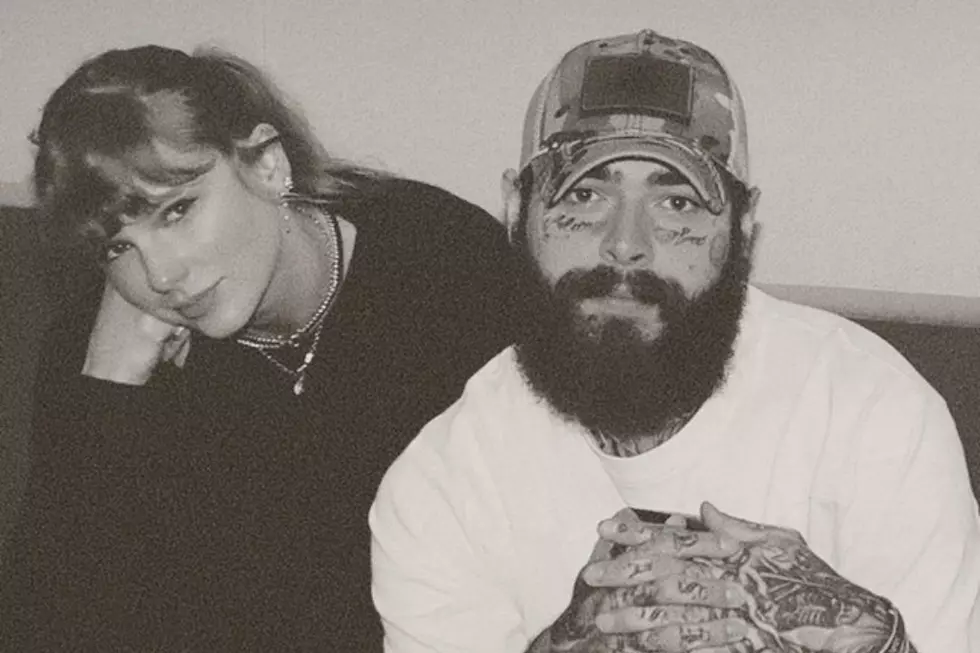
Sorcha’s ‘Waking Life’ Is a Poignant Reminder: No One Knows What They’re Doing
When I replay my 20s, I struggle with what I could have done differently, pursuits I could have abandoned, risks I could have avoided. From living in a homeless shelter to moving in with a boyfriend I dated for four months, these moments haunt my dreams. They come to me as distorted recollections, twisting into ghoulish fiends determined to suck my veins dry. I jolt awake many nights, click play on Sorcha’s “Waking Life” and wander aimlessly through my past. I relive it not to reopen my wounds but as a cathartic escape, tossing my tattered former shell onto the brush pile and watching it burn. “I just thought that by now I would know how to love you,” Sorcha sings, voicing her discomfort with uncertainty—a plague of doubt that strips away her vibrant color and leaves her feeling sullen and decayed.
“I’ve seen the future / Maybe, it’s already here / Stick your neck around the corner / Tell me if the coast is clear,” she sings, beginning to take stock of her circumstances. “I been waiting on a sign / Maybe, it already came / Shooting stars are crashing down, setting fire to my name.”
Sorcha Richardson, a Dublin-raised, Brooklyn-based performer, wears anxiety and uncertainty on her sleeve. She revels in gathering tension, as she does on “Waking Life,” a sparking, lo-fi alt-pop track that mixes life’s haziness with its jarring clarity. “I think it's just human nature to have times when you feel very optimistic and in control and other times when you feel less confident about where your life is going,” she muses. “There [are] certain things that encourage you [to] take stock of where you're at: birthdays, New Year’s, even this summer when I moved out of the apartment that I'd been in for four years. Anything that marks the passage of time like that.”
Her last birthday was a particularly crucial mile marker, she shares. “I'd had this twinge of satisfaction for a while but was in the habit of telling people everything was good and life was going great. On paper, it would have looked like an exciting time, but I just had this feeling like another year had passed and life was still the same,” she confesses. But her true, unfiltered truth didn’t surface until “ a few weeks later,” when she picked up her guitar. “It was a moment of like, ‘oh wait, everything isn't fine,’ and telling myself that it is won't make it true.”
“If you ain't got two kids by 21, you're probably gonna die alone / At least that's what tradition told you,” country singer-songwriter Kacey Musgraves examined on her debut single “Merry Go Round,” which cut to the heart of society’s pressure. Baby boomers and older generations were instructed to make a living, own a home and raise a family, an archaic system that can suffocate artistic expression and ambition for the sake of tradition.
“Those aren't really the things that I grapple with at all. The idea of having a regular job or owning home or being in anyway anchored like that kind of terrifies me,” Richardson asserts, noting that “happiness” and “success” don't necessarily manifest in those forms. “I don't even know what city I want to live in right now. I gave up my apartment in New York, and I'm pretty content being a bit nomadic for a while.”
“I just kind of decided that that was what I was going to do,” she adds. “The thing that I grapple with more is the thought that there's nothing else that I enjoy doing nearly as much as music—so, what would I do if it didn't work out?”
Her smart songwriting, also illustrated on the heartrending piano ballad “4AM” — “I could have tried a little harder, oh / I don’t know why, I just like it here alone,” she recognizes of a dying relationship — is one of pop’s most exemplary scans of pain. The song led to great early success, but despite collecting millions of streams on Spotify, she continues to be plagued with self-doubt. “I think as a solo artist it’s easy to be too much in your own head. Sometimes you just need to step away and remind yourself that it should be fun, or at least, rewarding,” she says.
In a perfectly-incubated environment, doubt can bloom into unsettling fears, something Richardson knows all too well. “I honestly think I'm developing more fears all the time rather than figuring out how to overcome them. I used to just live life totally shut off to emotion cause that was pretty safe,” she says, sketching out even more context to her startlingly poignant music. Her biggest fear, though? “[It] would be waking up one day and feeling like I hadn't gone after the things that I wanted, that I would wake up one day and feel like I had just gone through the motions and watched from behind the glass as life went by.”
Richardson told Clash Music that “Waking Life” is about “getting to a point in life and suddenly realizing that your reality falls way short of the dream you were holding onto in your head.” She confesses she doesn’t regret her musical pursuits, but rather admits “it’s good to be disappointed and dissatisfied and doing something about it rather than just having blind faith that everything working out in the end. The wreckage can be quite liberating, imparting a sense of awareness about your self-worth and understanding exactly how to reemerge, stronger and thicker skinned. “Total delusion isn't gonna get you anywhere but a little bit [of realism] is necessary if you're gonna spend your life writing pop songs.”
Once she stepped back, she found herself again. “I decided to take a little break from New York and hang out in Dublin for a few months. Just that change of scenery and routine has felt like a total change of pace and a new beginning in itself,” she says, “but the feeling of life falling short of the dream isn't necessarily just about a career. It's also about friendships that I thought I would have mended and things I'd be better at in relationships.”
While the songwriter discovered her life’s work “pretty early on,” many folks—myself included— either “never find that one thing that they really care about” or are self-possessed late-bloomers. No manner of fighting can deter your fate, long sealed since before you were born. I stumbled into journalism at 26, grasping at every opportunity I could, and now, at 31, I've moved home, and the things I thought I knew are just not what I expected.
"All you hear is white noise / Please don't waste your voice on it," Richardson advises on the timely, rhythmic-based hook of "Waking Life." Her vocals wrap like tentacles around the lyrics, cutting off oxygen as a way to counter strike her bubbling emotions. Masked in a dense fog of wavy electronics, she seems to whisper into your ear:
"God, grant me the serenity to accept the things I cannot change
Courage to change the things I can
And the wisdom to know the difference..."
Moral of the story: literally no one knows what they're doing. Just breathe.
Pop Songs With Social Messages:
More From PopCrush









